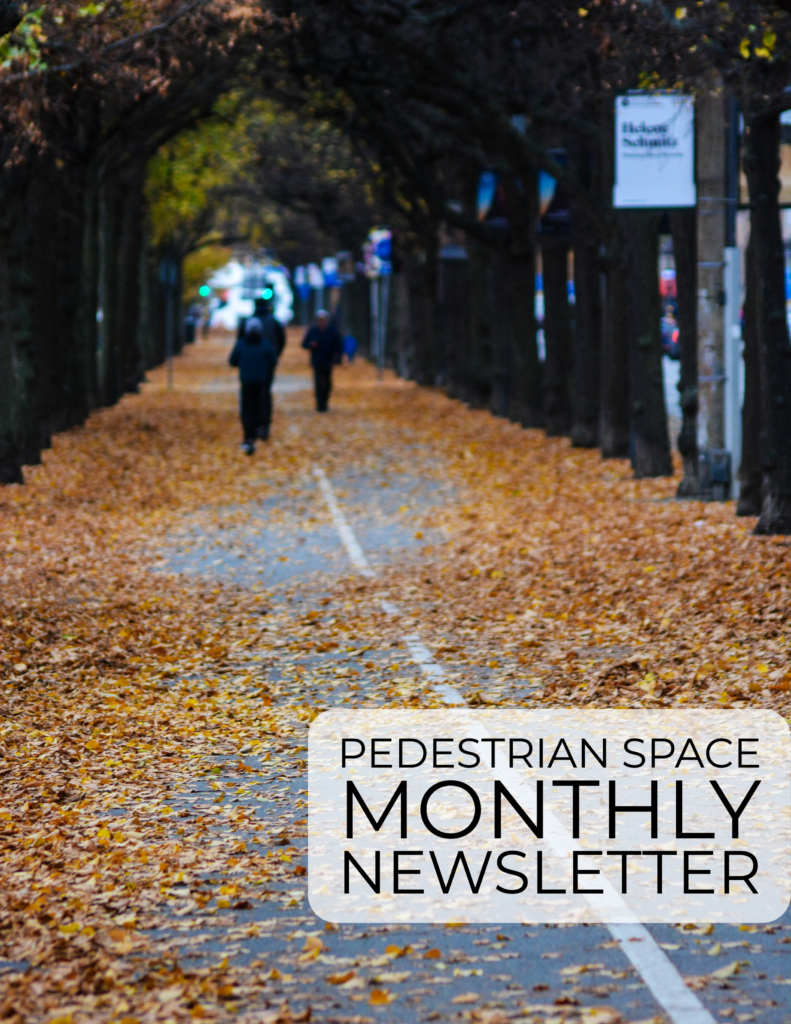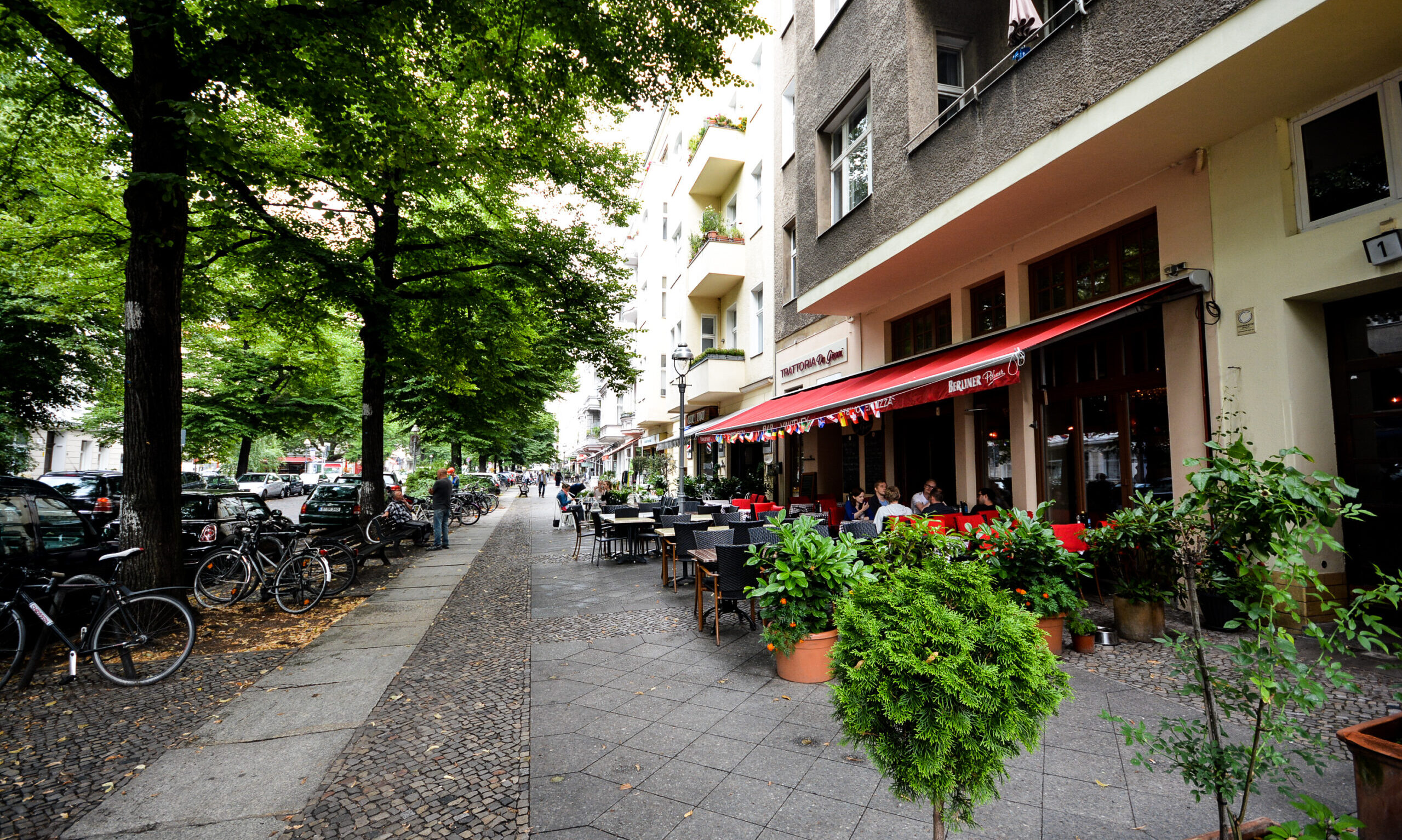

Fundacja Pedestrian Space is an NGO that through media, communications & research advocates & educates on walkability as a central aspect of sustainable urbanism.
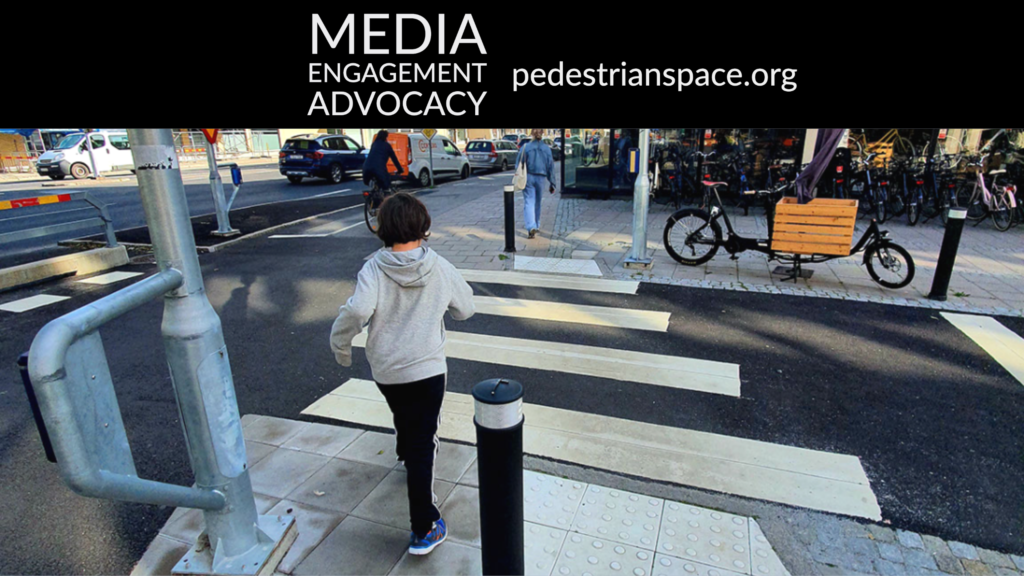

Pedestrian Space is a media and advocacy platform established in 2021 to document and explore aspects of walkability as a key dimension for sustainable urban development. The platform presents living examples of walkable urbanism, best practices as well as barriers to pedestrianization and covers issues of quality of life, health, spatial and social equity and environmental benefit of walkable communities.
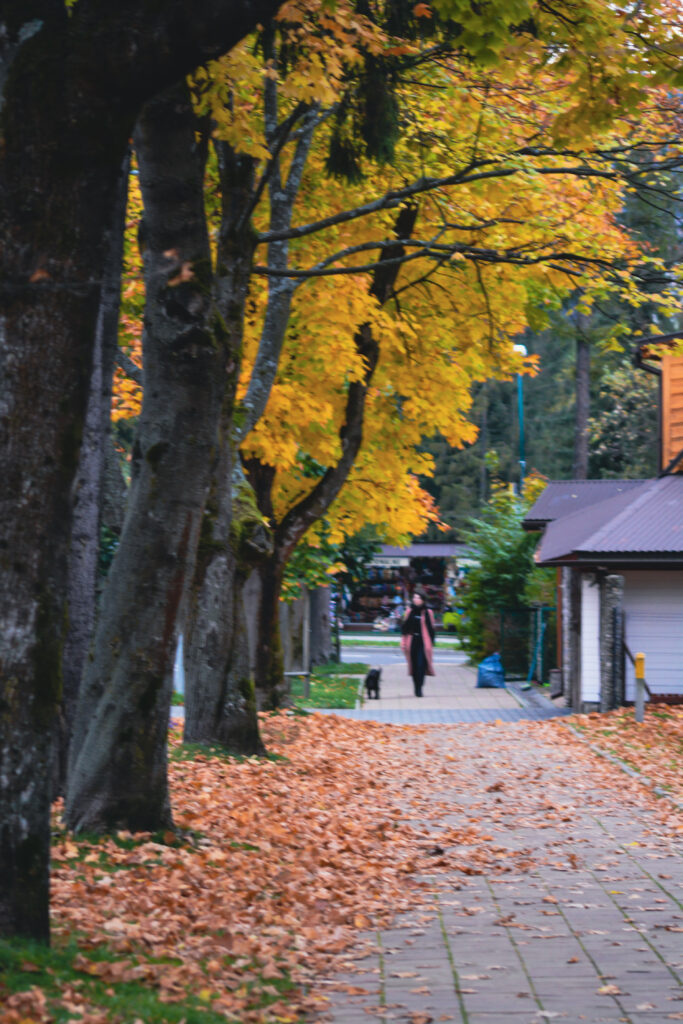
At the heart of media and advocacy at Pedestrian Space is the interest in and commitment to the development of healthy, liveable and sustainable communities.
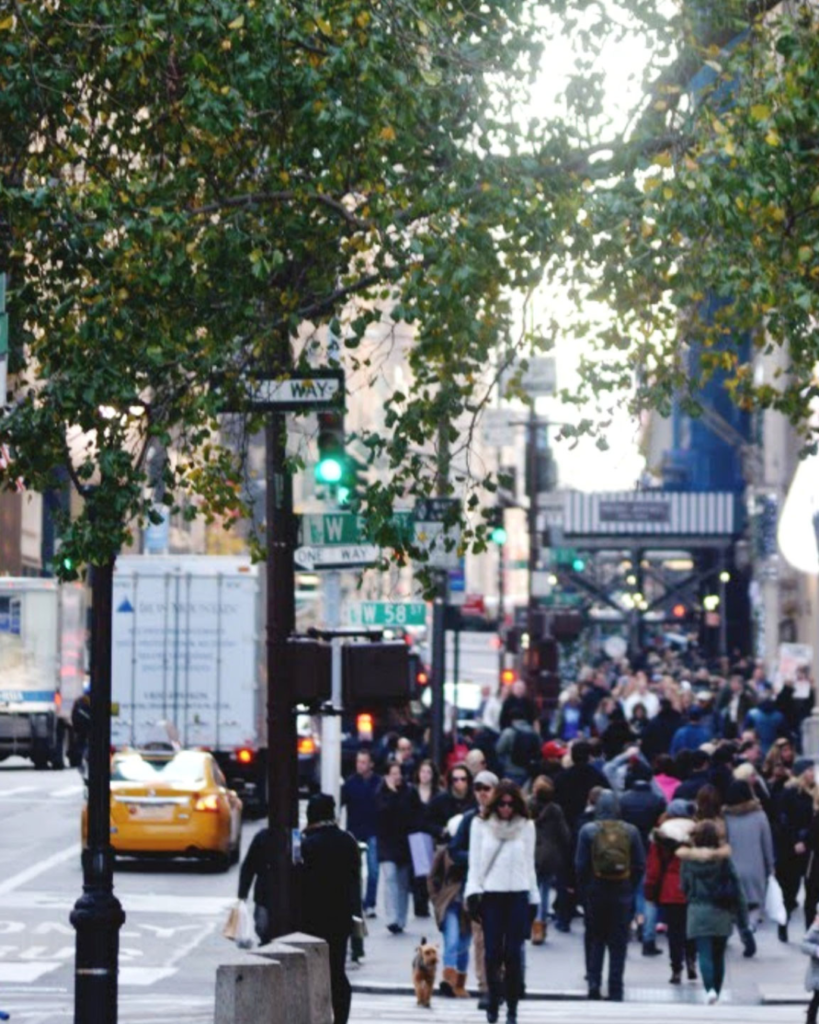
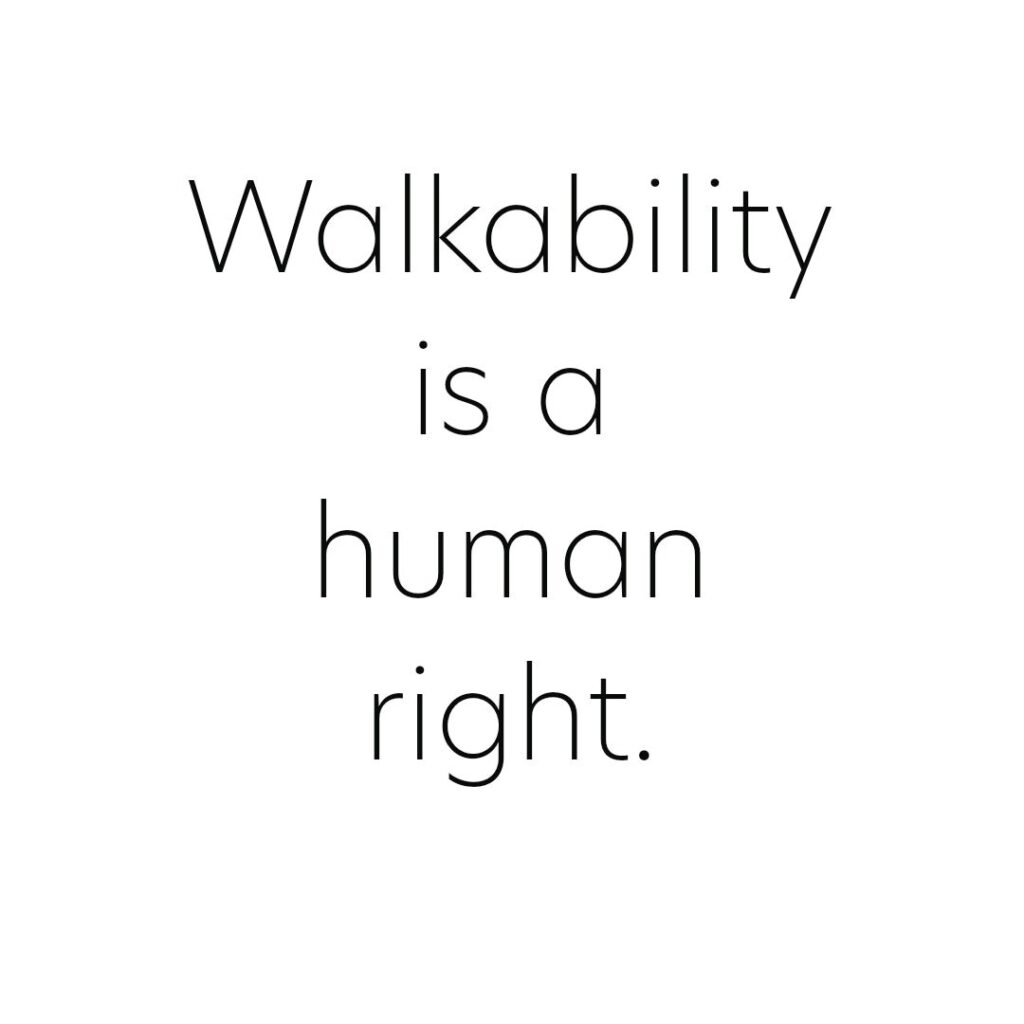

The platform is also dedicated to inspiring and engaging in dialogue about the reduction of car dependence as a critical and global issue. The idea of a “culture of walkability” as manifest in several dimensions- including media depictions of walking as a form of mobility, public space that supports quality pedestrian infrastructure and connectivity and the habits, psychological and environmental factors that form our mobility choices- is also a central focus.

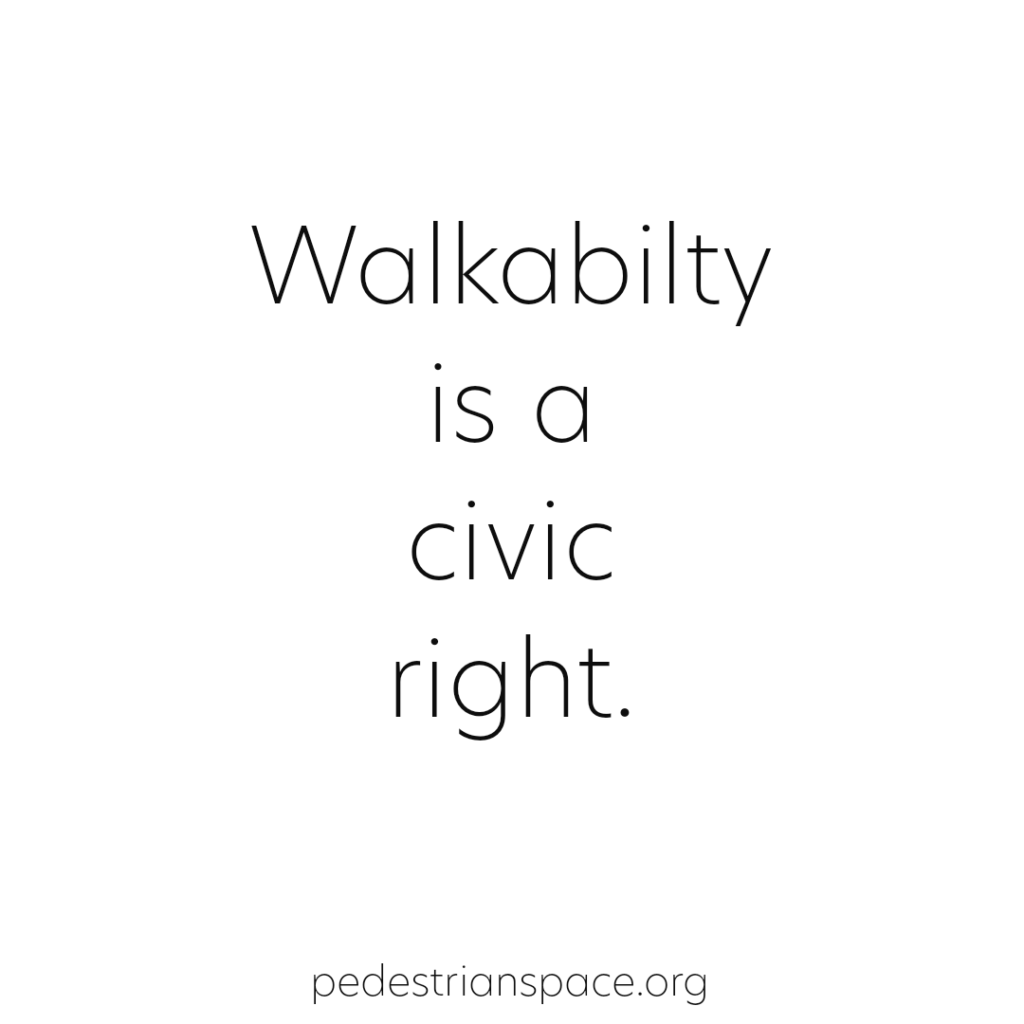
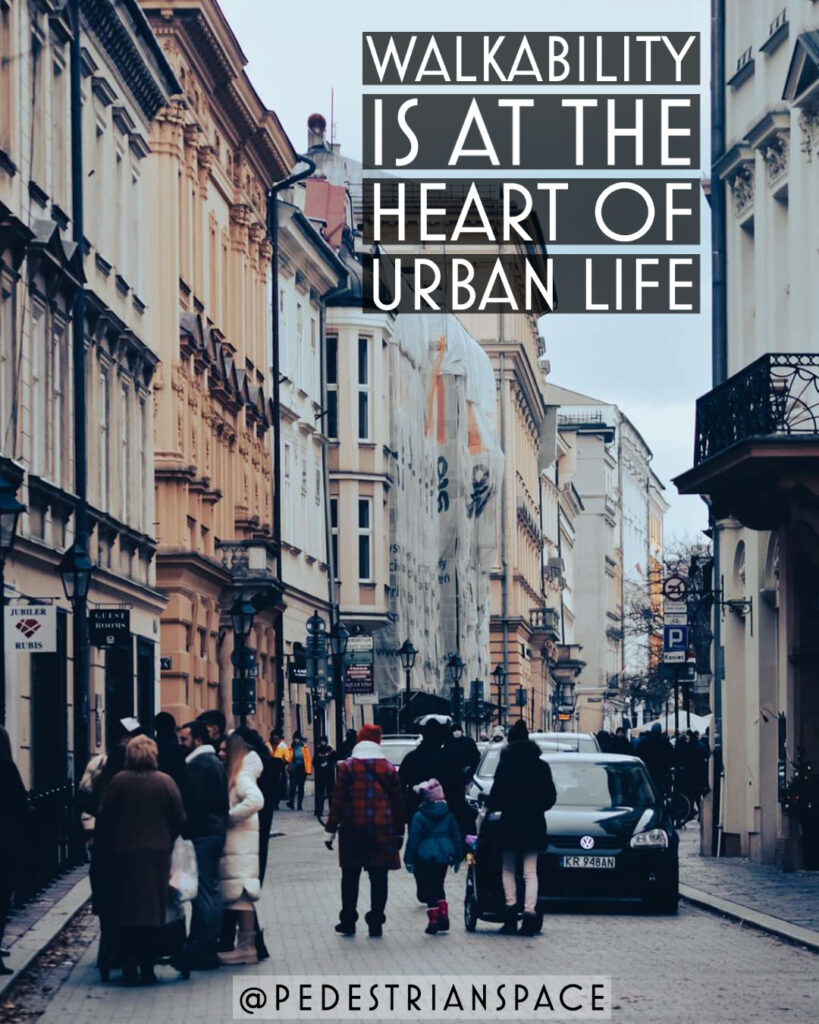
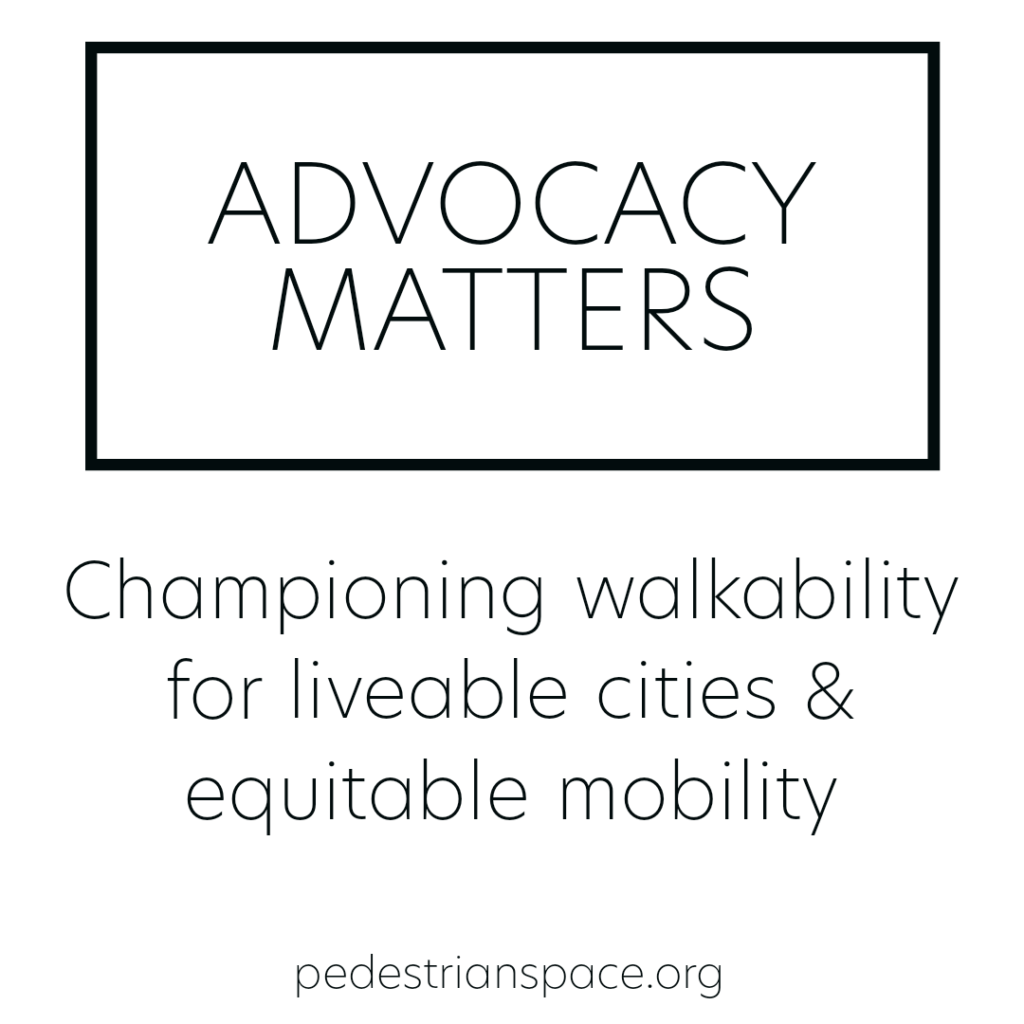
CHRONOLOGY
- May 2020: Pedestrian Space social media accounts @pedestrianspace established with the initial goal of beginning to explore the landscape of walkability issues and pedestrianization projects
- January 2021: pedestriandspace.org established as a media and research platform on barriers and best practices to pedestrianization projects. It would later develop with a broader focus on the many dimensions of walkability, walkability’s central role in sustainable urbanism and issues of individual and societal car dependence.
- March 18, 2021: Presented at the 2021 Urbanism Next Virtual Forum, hosted by the Urbanism Next Center at the University of Oregon. Our presentation was entitled ‘PR for Sidewalks’,
- June 2021: Featured in Podcast with Brussels-based ‘Women in Urbanism’ on topic of ‘Pedestrian Spaces: Inclusivity and Sustainable Urbanism’.
- December 2021: Idea for the Global Walkability Correspondents Network conceptualized clearly and announced. Video meetings / interviews begin with interested participants.
- January 2022: The Global Walkability Correspondents Network is established.
- February 2022: Pedestrian Space founder Annika Lundkvist confirmed as a Fellow for The Schumacher Institute.
- March 2022: Pedestrian Space was selected as a solution to be part of the UN-Habitat People-Centered Smart Cities Compendium (listed on map at Kraków).
- March 2022: Working groups established in the Global Walkability Correspondents Network.
- May 2022: First newsletter of Pedestrian Space, From the Path, is published.
- As of June 19, 2022: The Global Walkability Correspondents Network has been in development for 6 months. The Network currently has 76 participants in 35 countries and 75 cities in South America, North America, Oceania, Asia, Africa, Middle East and Europe and is growing.
- June 28, 2022: Pedestrian Space is included in the launch of the UN-Habitat People-Centered Smart Cities Compendium (listed on map at Kraków) at the World Urban Forum.
- August 2023: Pedestrian Space established as an NGO
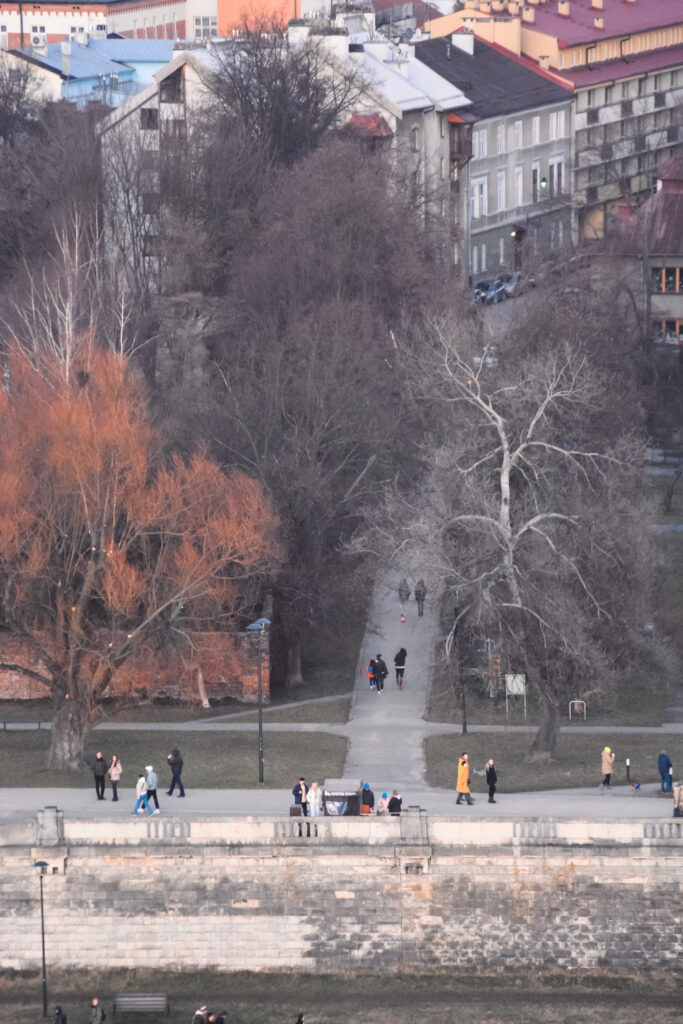
Pedestrian Space operates from a transdisciplinary approach to “walkability”, through the lens of multiple issues related to pedestrianization and urbanism including:
- Urban planning: development of sustainable cities
- Mobility equity: Access for all users
- Children & the City: Safe movement, access to play spaces & more
- Transportation planning: Development of physical infrastructure and network for pedestrian movement
- Local Economy: Effect of pedestrianization plans on local economy
- Health: Benefits of walking for physical and mental health, on an individual as well as community level
- Preservation: Protection of historic neighborhoods and built environment via pedestrianization
- Environmental Psychology: Cultural, social and spatial influences on walkability mindsets
- Environmental Protection: Sustainability goals as a central feature in walkable urbanism
Subscribe to our newsletter From the Path here
